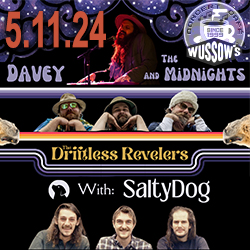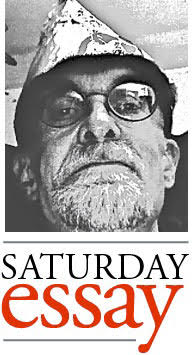New Study Indicates Science Wrong about ‘Pretty Much Everything Health-Related’
 A recently published study in Scientific Facts Daily has scientists around the world shaking their heads in befuddlement and dismay. Marshaling the combined data from more than 50 years and 73,000 scientific papers summarizing more than 100,000 scientific studies, the work concludes that scientific studies on the efficacy of consuming more or less of certain food types, adding nutrients or nutritional supplements to one’s diet, or using certain medicines to treat disease are all “pretty much wrong.”
A recently published study in Scientific Facts Daily has scientists around the world shaking their heads in befuddlement and dismay. Marshaling the combined data from more than 50 years and 73,000 scientific papers summarizing more than 100,000 scientific studies, the work concludes that scientific studies on the efficacy of consuming more or less of certain food types, adding nutrients or nutritional supplements to one’s diet, or using certain medicines to treat disease are all “pretty much wrong.”
“Like, almost completely wrong, every time,” chief researcher Dr. Martina Ferkes-Boothe, an international expert on hypertension, indicated. “Seriously,” Ferkes-Booth continued, “If I wasn’t a scientist myself, I’d think someone was making this shit up. First, we tell everyone not to eat fat or cholesterol, or they’ll have a heart attack and die. People were choking down those cardboard Lean Cuisine low-fat pizzas for like a decade. Totally wrong. Could have been eating real cheese, instead of that weird soy snot, the whole time. And don’t even start in on butter made out of yogurt. So many fucked up mashed potatoes. I feel just awful about it now.”

















